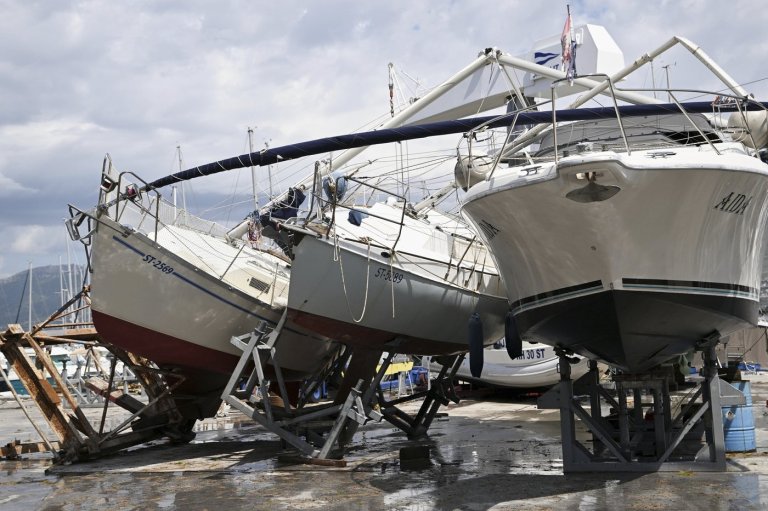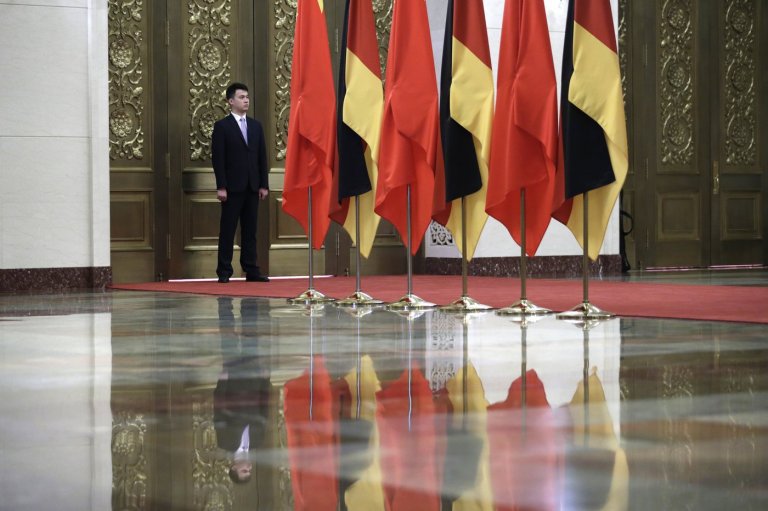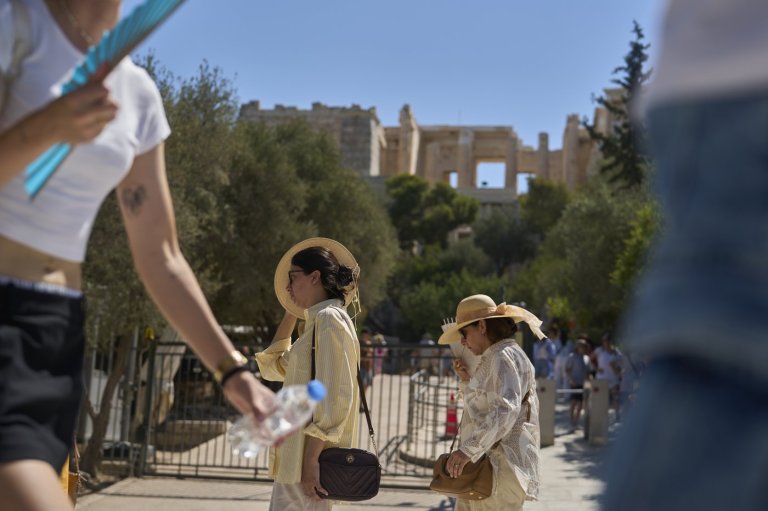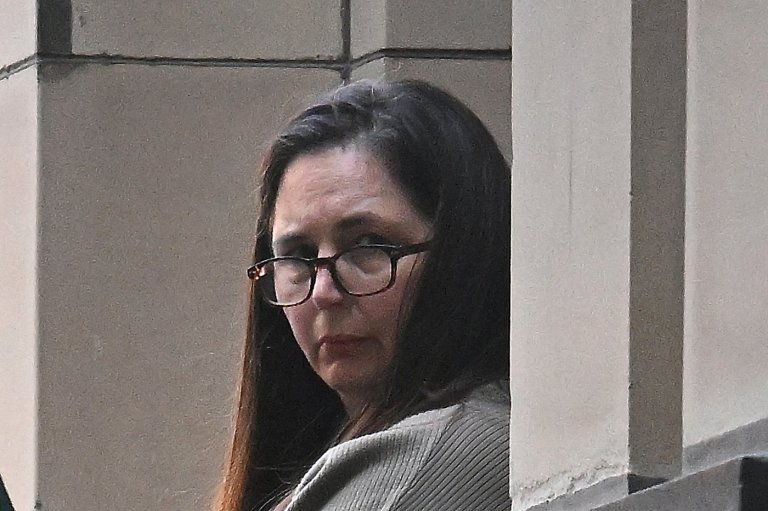US agent portrays Venezuelan government as lax on drug trade
NEW YORK – A U.S. drug enforcement agent portrayed the Venezuelan government as protective of or complicit in the drug trade during testimony Thursday, saying two nephews of Venezuela’s powerful first lady who are awaiting trial on drug charges even bragged that they could use the presidential ramp at a major airport for drug-laden planes.
Sandalio Gonzalez, an agent with the Drug Enforcement Administration, was called by prosecutors at a Manhattan federal court hearing to determine if statements by Efrain Campo and Francisco Flores and other evidence can be used at their trial on charges that they conspired to import 1,800 pounds (816.47 kilograms) of cocaine into the United States. No trial date has been set.
Gonzalez said the United States did not alert government authorities in Venezuela about the drug probe, knowing Venezuelan authorities had targeted DEA informants in the past.
He said U.S. investigators conducting other drug probes related to Venezuela had heard that the nephews of Venezuela’s president “were actively involved in drug dealing.”
An effort to capture them proceeded last fall after an important tip came from a major drug trafficking informant, Gonzalez said.
“At the beginning of October, he indicated that a Venezuelan official by the name of Bladimir Flores was going to send his nephews to Honduras to meet with CW-1,” the designation the DEA had given the co-operating drug dealer.
Bladimir Flores was named Inspector General of the homicide police in 2014.
The agent said the informant “indicated that these individuals wanted to fly drug-laden planes to Honduras with flight plans.” The nephews were arrested in Haiti in December and brought to New York for trial.
Gonzalez said the nephews were not small-time drug traffickers, considering that they could arrange shipments of cocaine as big as 1,600 kilograms, travel in private planes and promise easy access to a major airport.
“They indicated they had the run of the main airport in Caracas and could easily dispatch drug-laden planes on the presidential runway,” Gonzalez said.
An email request for comment from Venezuela’s Communications Ministry and Foreign Ministry was not immediately returned Thursday.
Randall Jackson and David Rody, defence lawyers for the nephews, put Gonzalez on the defensive, forcing him to reveal that two confidential sources gathering evidence and meeting with the nephews before their arrest were lying to Gonzalez and dealing drugs themselves throughout the probe.
Gonzalez admitted that one of the sources counted on making enough money from the DEA to buy a house and had described spending money on prostitutes in Caracas.
The agent also conceded that the man had expressed a desire to have sex with Venezuela’s first lady, had used foul language and had made a racist comment about the Haitian people.
At that point, U.S. District Judge Paul Crotty interrupted, asking if drug dealers co-operating with investigators had to be politically correct.
“Have the thought police invaded criminal investigations?” Crotty asked.
“Not at all, your honour,” Jackson replied.
___
Associated Press Writer Joshua Goodman in Caracas, Venezuela, contributed to this report.
Join the Conversation!
Want to share your thoughts, add context, or connect with others in your community? Create a free account to comment on stories, ask questions, and join meaningful discussions on our new site.












Leave a Reply
You must be logged in to post a comment.